20 Questions is our opportunity to talk with various people in the country music industry. Everyone from musicians and singers to songwriters and producers.
This month we talk to Kenny Royster who has credits as a songwriter, vocal coach and recording engineer, as well as an Emmy Award winning producer and owner of Direct Image Studio in Nashville.
- Where are you originally from?
“Portland, Oregon. I played lead guitar and sang lead vocals in a rock band wrote songs. Played the bars for a couple years and then I moved to LA. I played in a rock band there for a while then toured in a cover band but we played originals also. I started hearing some of the new country music and decided to move to Nashville.”
- What type of music did you listen to growing up?
“Motown, pop, rock and some country. I really liked Glen Campbell, Johnny Cash, Garth Brooks and Clint Black. “
- Did you come from a musical family?
“No one in my family was really musical but my dad had a passion for listening and an amazing stereo system and album collection.”
- How did you get started in the music business?
“Just jamming with friends turned into writing songs and playing in a band and then started recording in my own small studio and kept on adding better gear. I spent five years writing songs in a studio that I owned. Then I decided to move to Nashville and started recording demos for songwriters. I kept on upgrading my gear till I got stuff good enough to make records.”
- When did you start producing?
“I started producing about 15 years ago mainly with artists that were in the developmental stage. I am also a Vocal Coach and I can help singers to give them a huge advantage that most studios and engineers and producers don’t have.”
- When did you decide to open your own studio in Nashville?
“I started just a few months after I moved here. I started out with gear that was good enough to make Demos and just by working a lot of hours, kept on upgrading to where I’m at now, which is Black Lion modified Pro Tools HDX.”
- What is the first thing that happens when you start a project with a singer or songwriter?
“The first thing I do is get a very simple recording of their song and usually a meeting by phone or in person and go over production ideas. The song usually dictates part of the production treatment. The rest of it depends upon the songwriter’s intention or the artists preference.”
- In addition to producing songs, albums and demo’s what other services do you provide at your studio?
“Vocal coaching. Most of my vocal coaching techniques I show the singers while they are singing in my studio, but I have already gone over some of the techniques before we actually start recording. It’s easier to show them ideas and sing it to them for phrasing, and then just punch it in a few times till they become more familiar and then go after a performance of it.”
- As a vocal coach what do you look for in a singer?
“Vocal coaching for every singer is unique to them and the song. Before they actually start recording I have already evaluated where they are at, and things that need to be worked on, before we actually try to get master performances. The necessary things for any singer are tone and rhythm. The rest of singing just happens in a performance, and how the song was written. Phrasing is a huge problem with a lot of singers. The superstars all get it. They understand the importance of it, and with almost all hit recordings, the phrasing is great.”
“I can help singers make their vocals have more emotional impact. There are some very amazing techniques that I teach that change the conviction of the singer, which makes the audience connect and believe them. I’ve spent a lot of hours with Renée Grant Williams in the recording studio and I also took a few lessons from her and learned a lot of her techniques. Then over time just basically developed my own way of teaching.”
- What advice would you give to aspiring songwriters, musicians and singers about recording?
“Practice your craft a lot. With YouTube and all of the information through the internet, you can speed up your learning curve by searching for information to help make you better, faster.”
- What is your favorite part of the job?
“Working with the singers and songwriters and seeing the end product turn into a record. The interaction with the musicians and the excitement of watching something come to life is pretty amazing.”
“The musicians I use in my studio have played on million selling hit records for Kenny Chesney, Blake Shelton, Shania Twain, Luke Bryan, Cole Swindell, Carrie Underwood, Keith Urban and too many more to list.”
- What are some of your best memories or stories from recording and producing?
“Writing a number one song for Ricochet called “That’s Love.” Winning an Emmy for a song I produced, engineered, mixed, and mastered. Working with Trace Adkins when he was just doing demos, Craig Morgan, Craig Campbell, Jamie ONeal, Trick Pony, Lonestar, Thompson Square, Randy Houser and Cole Swindell. I helped all these people from singing demos to pre-production for their albums. And songwriters like Bobby Pinson (#1), Casey Beathard (#1), Wil Nance (#1), Tommy Barnes (#1), Paul Overstreet (#1) and many more.”
- Do you have a typical day, or is it always changing?
“Some days I’m tracking with the band other days I’m just doing vocals, then background vocals then mixing. And I book songwriting appointments every week. That’s pretty much everything I do in different sequences.”
- You have been in Nashville for years, how has the music business changed over that time?
“The biggest thing that I’ve seen that’s changed has been the demo world. Musicians and studios used to do a lot more demos but now a lot of artists are being encouraged to write with staff writers on their record labels so that the labels have an easier way to recoup from their investment. So that means less outside songs are being recorded. More songs are being recorded that are written from the inside – The artist and staff writers. There aren’t as many staff writers as there used to be. Less demos.”
- What type of acts do you produce? And what Country acts have you produced?
“I have produced country, rock, R&B, rap, pop, EDM Jazz, contemporary Christian, Tropical rock and gospel. I’m working on four new songs for country hick hop artist Cowboy Troy. I produced all of the earliest stuff with Luke Combs until he got his major label deal just recently, and then they went with the label producers. This is pretty common. They always have to get their ideas and people in.”
“I produced an act in Australia that has had two number ones, a number two and a number four in the charts. I co-wrote every song on their newest album which has had a number one and number four, and the album is at number eight on their charts. They are called “The Long And The Short Of It.” They just won best duo in Australia. I produced an artist named Shane Martin out of Minnesota who was a finalist in the Texaco Colgate vocal competition and I am currently writing songs with him for his next EP. I am producing a female pop album that will be out later this year for a 17-year-old girl named Breanna Romer and we are co-writing the whole record. I’m producing a country artist named Saddle Brown. His song “I Didn’t Go Country” is getting airplay now and he had 25,000 downloads in two weeks. I produced an artist out of Georgia named Brent Gafford and his song “Crash Test” is getting airplay down in that area. The ones that I mentioned here all have songs on YouTube.
- You recorded Luke Combs song “Hurricane” that went to #1 on The Highway/Sirius XM. What did you think of the song while recording?
“Luke is a great natural singer and I helped him with vocal coaching for his phrasing. All of his songs are written very commercial. So it’s easy to see that they would have a chance for success. I think he has a chance to be big in the business. It’s all going to come down to the songs. That’s pretty much what I felt when I was working on all of his songs. They are all on YouTube…I think there are eight.”
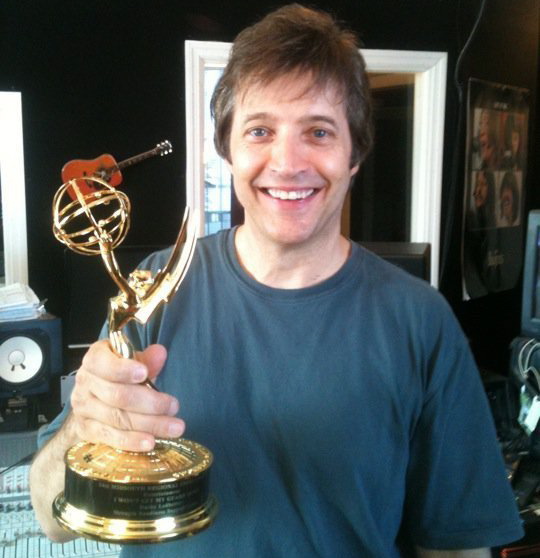
- You are a Emmy Award winner for a song and video from Darby Leadbetter. What year and what category was the award for?
“Darby is a songwriter that wanted to learn how to sing in the studio to make a record. He is in the National Guard. I produced an album on him and he came to me with an idea that he wanted to present to the National Guard, a song that was called “Don’t Let Your Guard Down. I advised him that it would sound more like a promise if he changed the title to “I Won’t Let My Guard Down.””
“We recorded the song and then the people in the National Guard video department decided to put a video to the song, and then they entered it into the Emmy’s and we won! Pretty amazing.”
- What other songs and videos have you been associated with?
Songwriter Ricochet “That’s Love” – #1 Christian Country
Songwriter and Producer “Kangaroo Rodeo” – #1 in Australia
Songwriter and Producer “Jesus Money” – #4 in Australia
Three other top five songs that I produced for “The Long And The Short Of It” – Australia
- What is your favorite type of music that you listen to and why?
“I really listen to everything that’s good. I really don’t have any boundaries. I have a shorter tolerance for some types of music. If you listen to any style for too long you get bored with it.”
- If you weren’t in the music business what do you think you would be doing for a living?
“I was a fireman and an emergency medical technician right out of high school, living in the fire department. So, I guess I would’ve stayed there and been a rescue response fireman. I was known as the ‘singing fireman.’”
If you are interested in utilizing the services of recording, producing or vocal coaching you can contact Kenny Royster at Direct Image Studio at 615-321-8532 or 615-430-2788 (cell) or email kktc4you@aol.com. Find out more about the studio at DirectImageStudio.com.
Video for the Luke Combs #1 song “Hurricane” recorded by Kenny Royster.


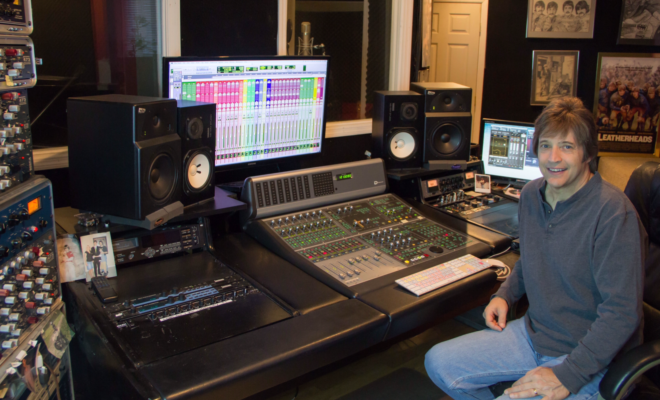
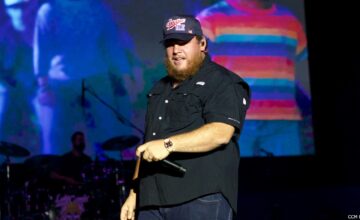
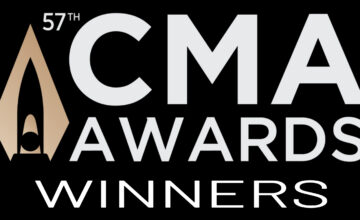
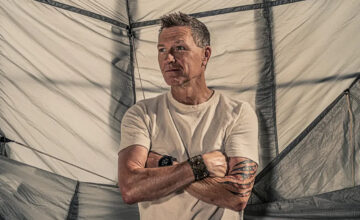
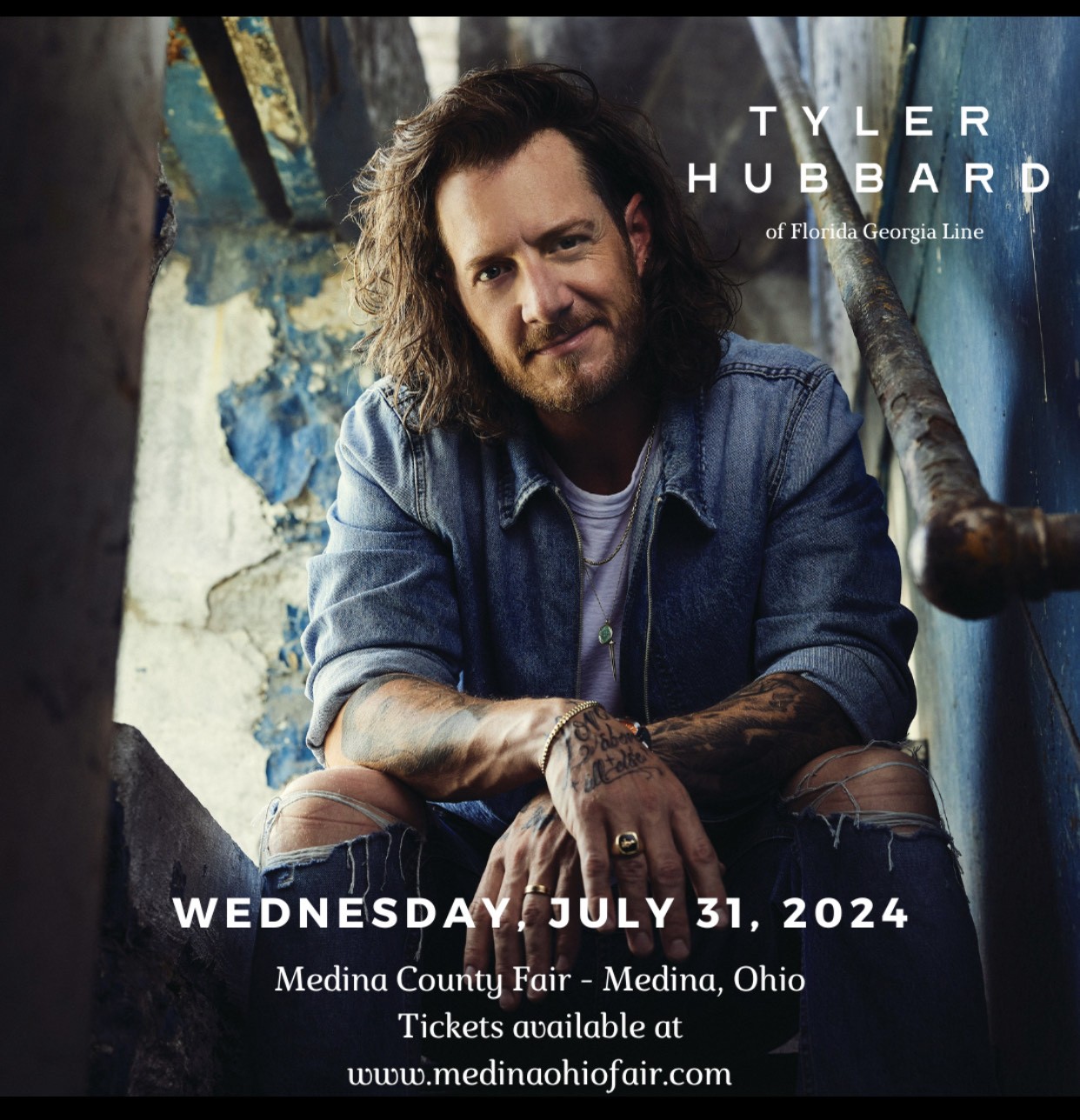
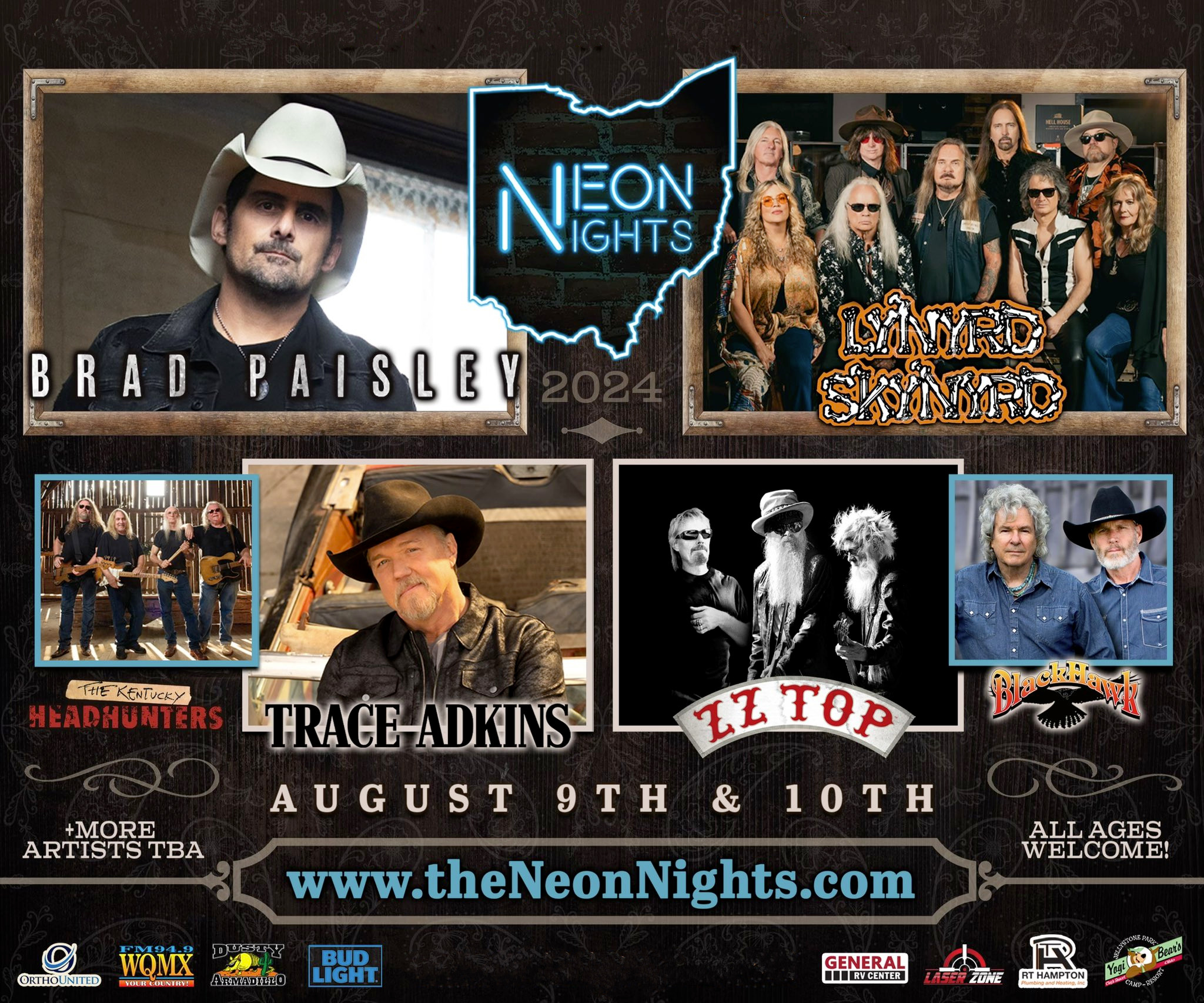
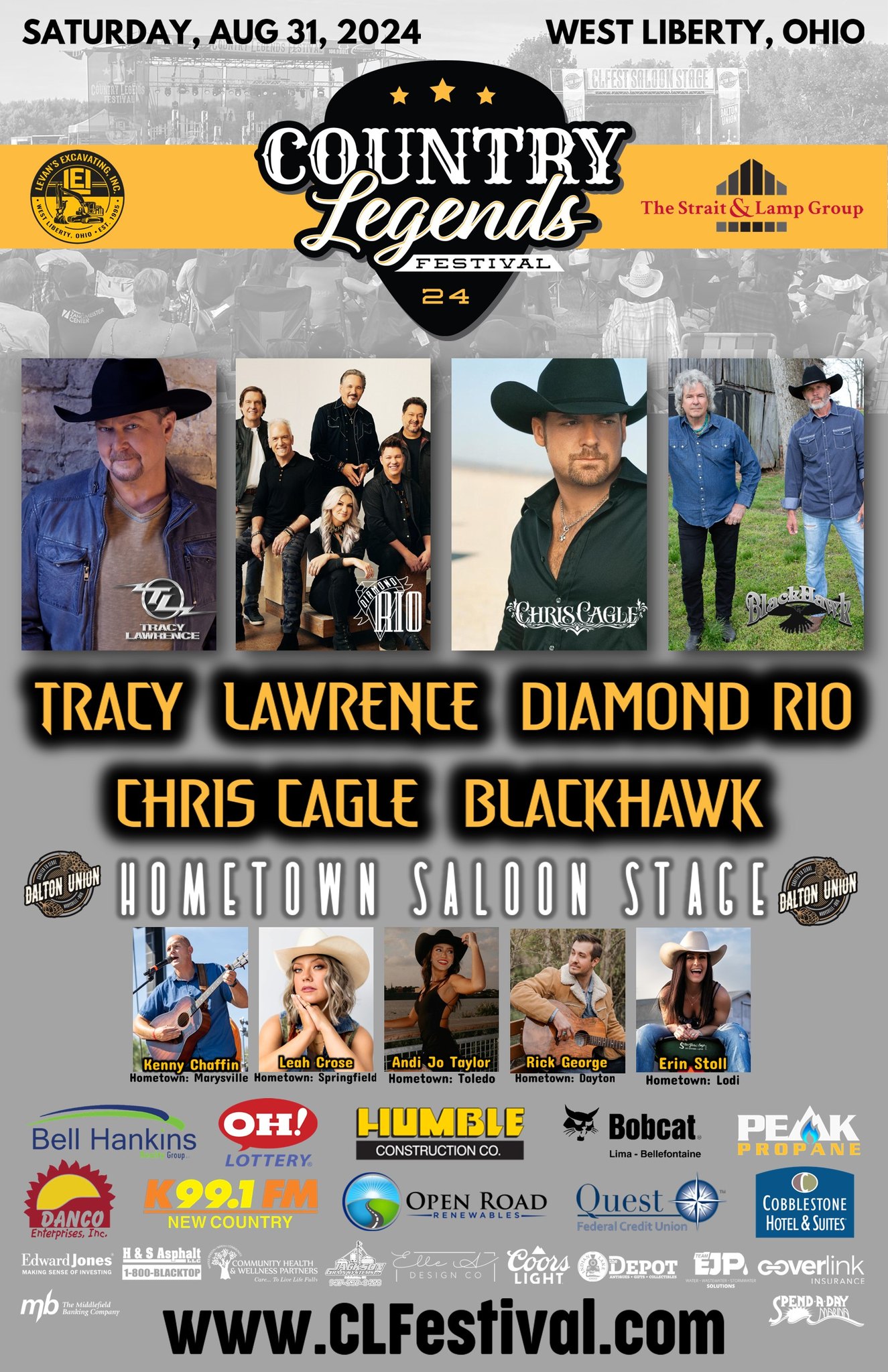
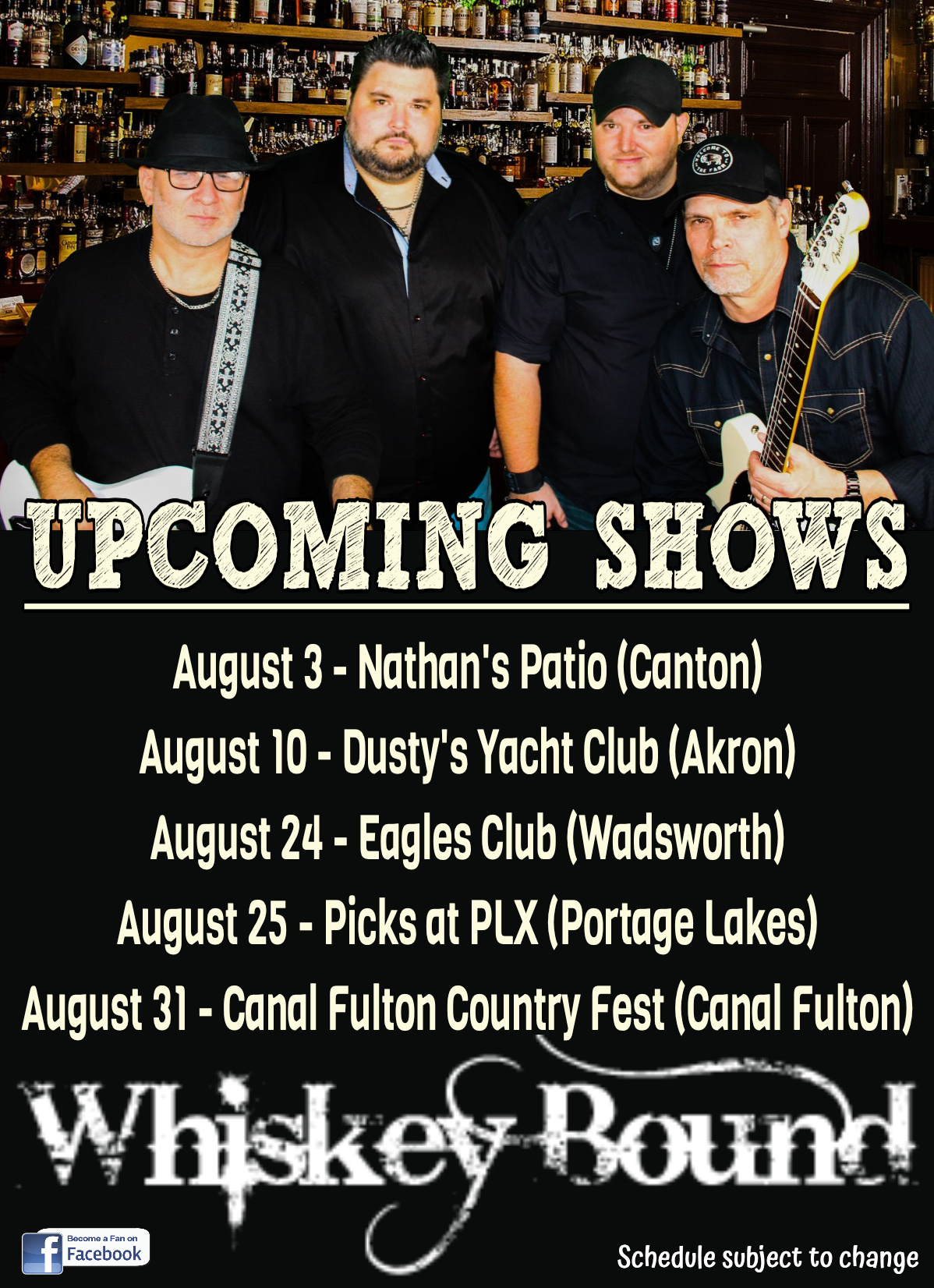

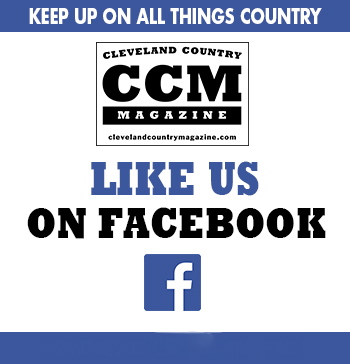
2 Comments